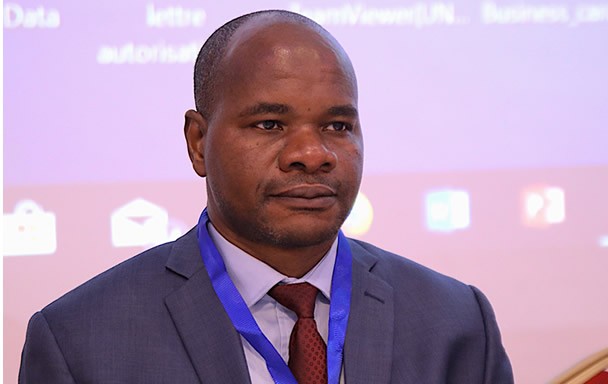The United Nations Economic Commission (ECA) has expressed concern over the poor state of development in the Sahel region, including Nigeria.

Acting Director of the ECA Sub-Regional Office for West Africa, Mr Bakary Dosso, who said this in Ouagadougou, Burkina Faso at a dialogue on the Sahel 2043 Prospective Study, said the overall goal of the UN Support Plan for the Sahel targets 10 countries namely Burkina Faso, Cameroon, Chad, The Gambia, Guinea, Mali, Mauritania, Niger, Nigeria and Senegal.
He said the goal is to scale up efforts to accelerate shared prosperity and lasting peace in the region.
“The Sahel is a priority for the UN Secretary-General in his efforts to achieve Sustainable Development Goals in Africa, and ECA’s role is to work in this direction.
“Current narratives on the crisis do not paint a full picture of the situation.
“It is true that the Sahel is blessed with an abundance of natural and human resources, which if managed equitably and sustainably, could positively transform the situation of the region,” he said.
Dosso said that the ECA has been mandated by the Secretary-General of the United Nations to conduct research on the root causes of the problems in the Sahel to bring about structural change.
He said the research will guide the implementation of the United Nations Integrated Strategy for the Sahel (UNISS) with the aim to recalibrate the many existing strategies in the Sahel.
The meeting was held as part of initiatives undertaken by the United Nations to ensure better synergy between development actions and those aimed at combating terrorism and promoting peace in the Sahel region.
It was also aimed at enabling the Government of Burkina Faso and others to understand and assimilate the long-term prospective study, known as Sahel 2043, which has received support from governments through the ministries in charge of planning of 10 countries, which are Burkina Faso, Cameroon, Chad, the Gambia, Guinea, Mali, Mauritania, Niger, Nigeria and Senegal.
This policy dialogue was attended by representatives from the Commission of the West African Economic and Monetary Union, the Inter-State Committee for Drought Control in the Sahel, the Liptako-Gourma Authority, Burkina Faso’s Focal Point of the G5 Sahel and several officials from the Sahel region.
By Racheal Ishaya
